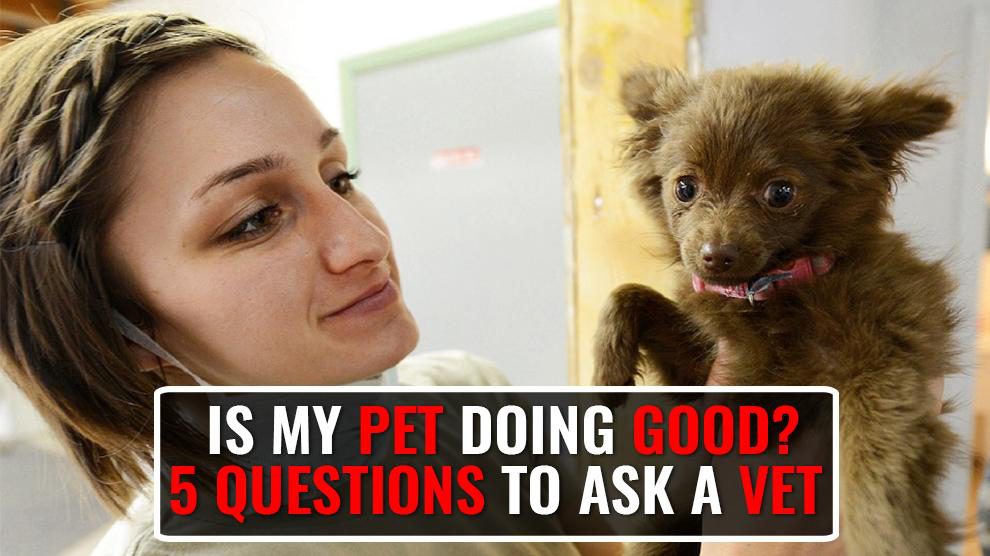Are you a first-time pet owner?
If your focus is not on your pet, make a plan. Vets also own pets.
The more and more questions a pet lover can ask, the more successful vets and owners will be providing the best care.
Take a look at what both experienced and new pet lovers should discuss with their vet at the first meet.
1. How do my pets gums and teeth look?
Pets are brilliant at hiding their emotions. Yeah! Most pet lovers avoid dental issues until signs become glaring.
Endocarditis means an infection in your pet’s heart. Loss of hunger can lead to periodontal disease, rotting teeth, or stinking breath.
Your vet will do the needful and suggest a suitable plan.
2. How much running should my pet do?
Exercise makes owners bond with their cats and dogs. It aids in consistent weight loss, controls trash feasting, and furniture scratching.
All pets need regular exercise, but the exact quantity depends on your pet’s medical record, breed, or age.
Puppies that need short walks called “the zoomies,” need several short walks or play sessions.
Adult dogs including Great Danes and Chihuahua may need less mental and physical stimulation. Bulldogs may have respiratory problems.
A vet can suggest a suitable regimen for your pet. They may refer you to a registered animal trainer or behaviorist.
3. How’s my pet doing?
A 2018 report states that 59.5 % and 55.8% percent of felines are obese. Vets may find it hard to exactly assess a pet’s weight in case if they are fluffy.
67 percent of pet lovers said they preferred their vet to suggest a maintenance diet or routine for their pet.
4. What food should I feed my pet?
Ask your vet and he will suggest the food that’s suitable based on your pet’s activity level, size, breed, and age.
Some pet food manufacturers hire smart marketing persons who are excellent at confusing pet lovers.
5. What? Explain my bill?
The best vet treatments and shots are not exactly cheap. If the estimated cost looks frightening, tell your vet about your financial position.
Keep in mind, if you own pet insurance, insurance companies will need a detailed receipt for reimbursements.
If something sounds exorbitant, spell it out. Your vet is there to help and not scare you.











